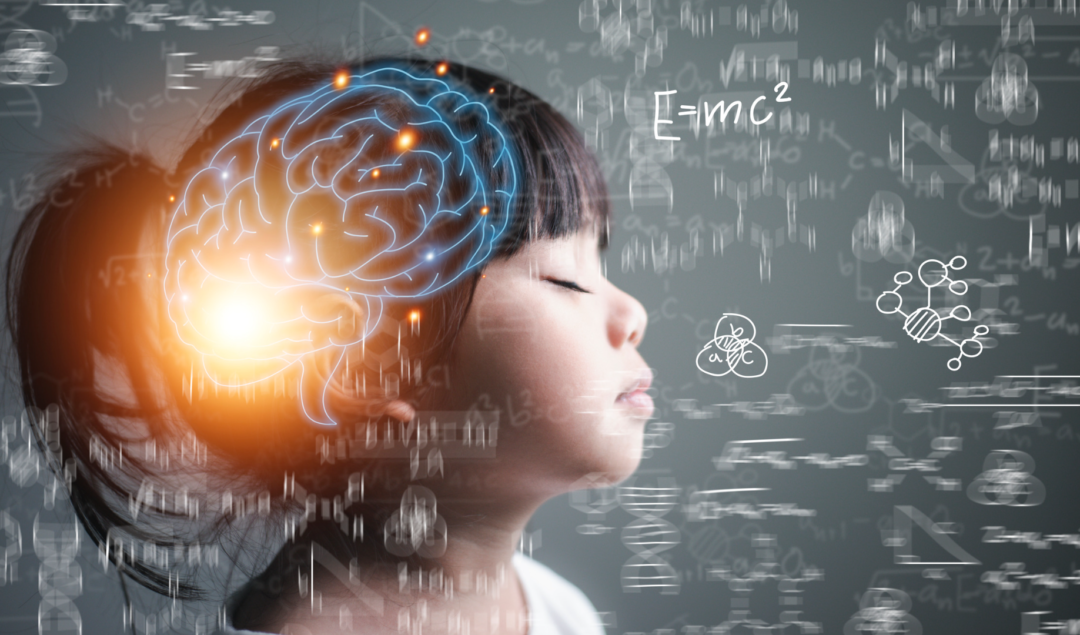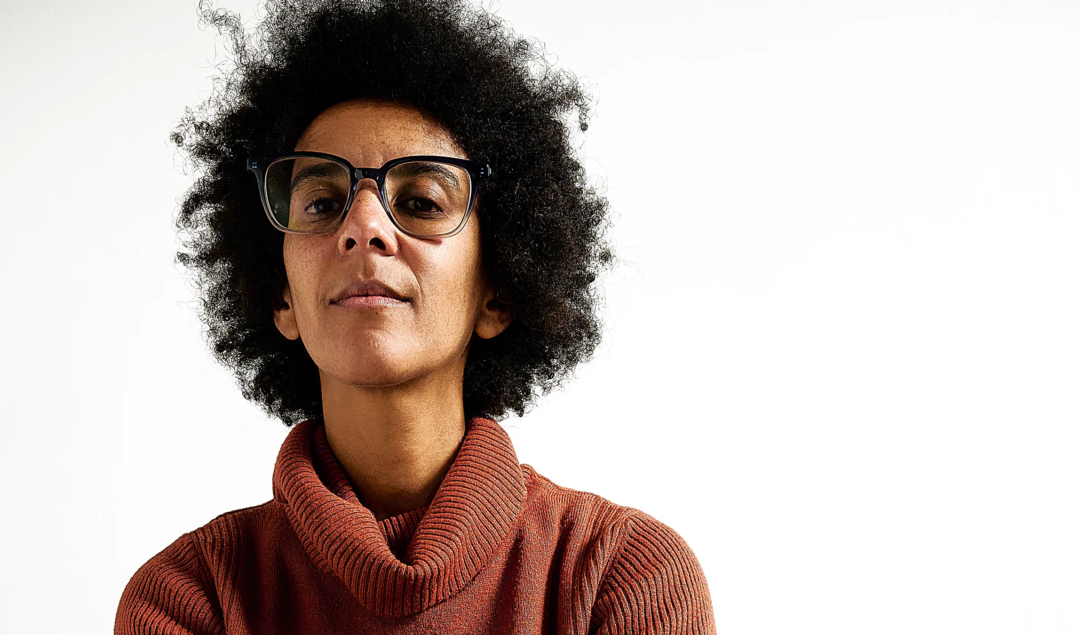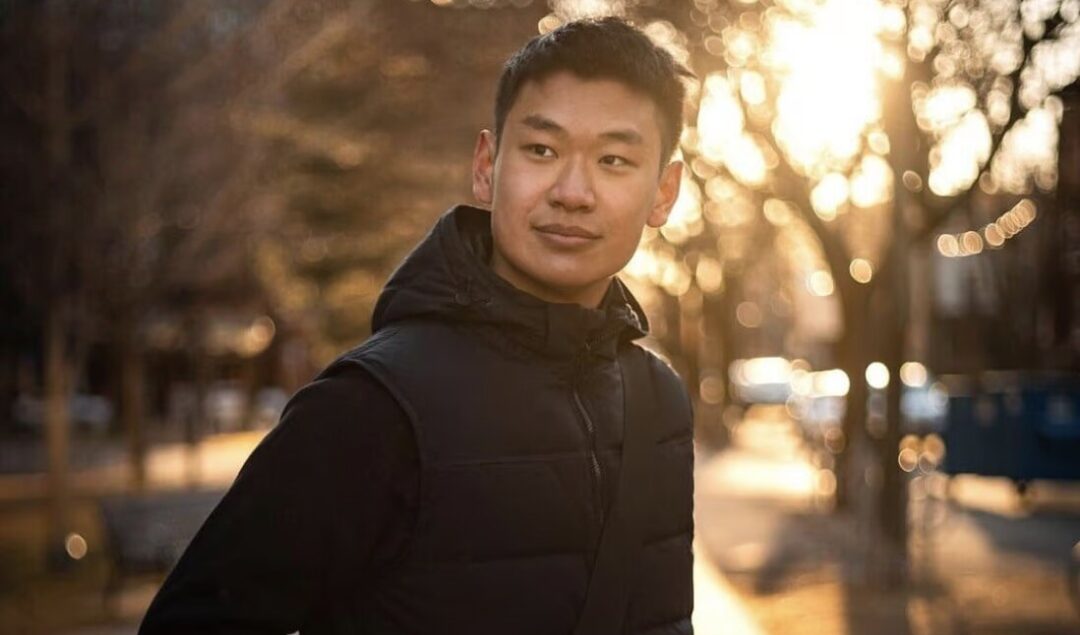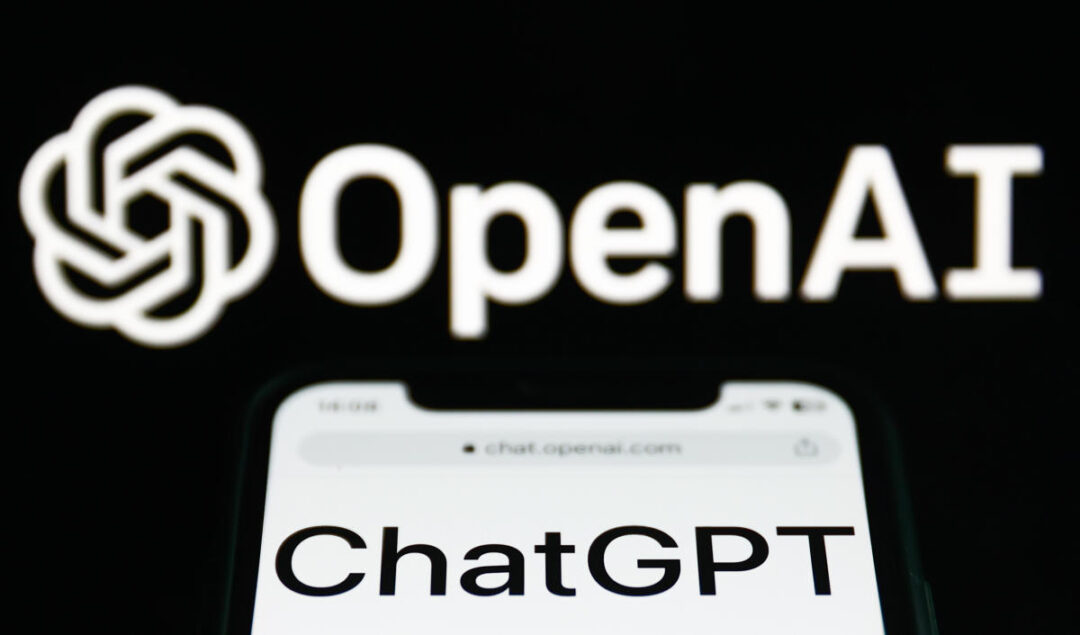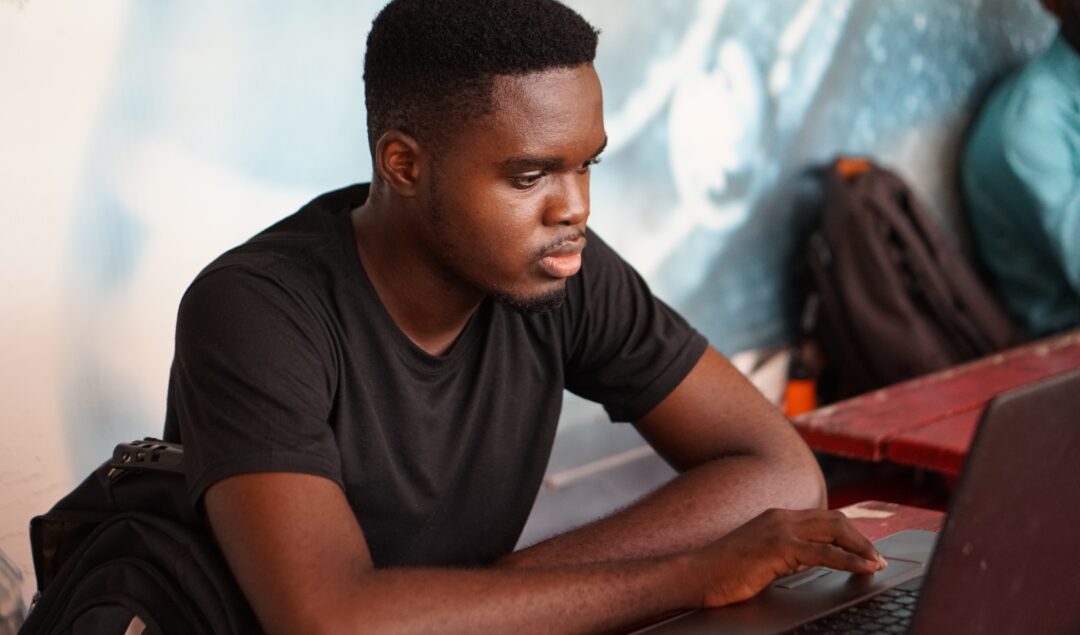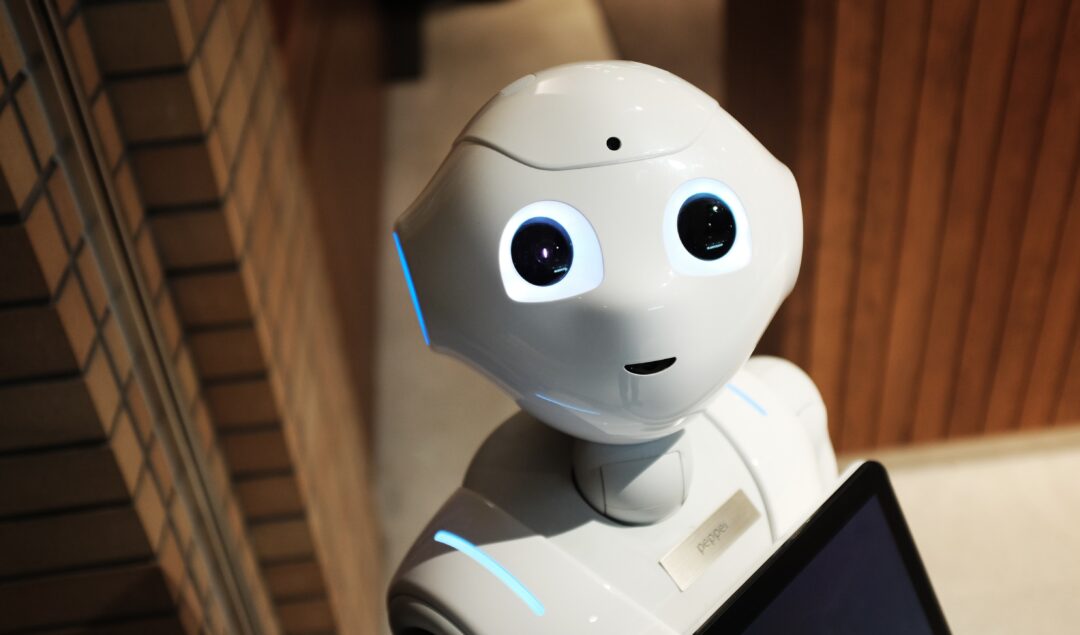Last week, notable tech figures, including Elon Musk, Apple co-founder Steve Wozniak, and politician Andrew Yang, signed an open letter by Future of Life calling for researchers to “pause the development of any AI systems more powerful than GPT-4 for 6 months.” Commotion ensued. Some people withdrew their signatures, others were exposed as fake, and AI experts worldwide criticized the letter’s ethos, claims, and demands. Here’s what you need to know. What’s so special about GPT-4? In an interview on March 15, OpenAI’s chief scientist said “”we are now reaching
Whether we’re talking about ChatGPT, AI lawyers or the chatbot that lets you chat with Tupac in real time – generative AI is taking the world by storm. But these systems are also reproducing many of the same biases we see in the real world – from sexist performance reviews to racist images. Leading AI ethicist Dr Timnit Gebru, known for her groundbreaking research on the risks of large language models, was forced forced out of her position as the co-head of Google’s AI ethics team after raising issues of
If you don’t know Edward Tian yet, now is the time to get to know him. The 22-year-old senior at Princeton University has developed an app to counteract the abuse and misuse of the AI chatbot, ChatGPT. Who is Edward Tian? Tian is the mastermind behind the new tool GPTZero, which helps educators determine whether ChatGPT has written an essay or document. According to NPR, the entrepreneur never planned to create a sought-after program. After majoring in computer science and minoring in journalism at Princeton University, Tian planned to graduate from college and
Kieran Snyder, co-founder and CEO of the augmented writing platform Textio, recently took a deep dive into the inner workings of ChatGPT. She soon discovered that it doesn’t take much for the OpenAI’s chatbot to sprout racist and sexist comments. So what happened? Writing for Fast Company, Snyder explained she had asked the chatbot to generate generic performance reviews for interview candidates. The chatbot was tasked with providing high-quality feedback that didn’t touch on the candidates’ personalities but more about why their work experience didn’t make them a good fit
A TIME investigation has exposed the horrendous conditions many Kenyan workers had been subject to while working under OpenAI, the company behind ChatGPT. OpenAI’s toxic working conditions Microsoft’s $10 billion investment in OpenAI, alongside the recent announcement of the platform’s $29 billion valuation, has sparked speculation. According to a recent TIME investigation, Kenyan workers hired to moderate the platform’s content had been left ‘mentally scarred’ from the harsh working conditions they were exposed to. ChatGPT had reportedly been prone to blurting out violent, sexist, and racist remarks due to being trained
This article by Christian Ilube was first published on Medium. What is ChatGPT? Open AI is an artificial intelligence research company that aims to create AI to benefit all of humanity. In 2020, they announced GPT-3 (Generative Pre-trained Transformer 3), an AI capable of any reading/writing task e.g., question answering, summarising text, or continuing a story. It was created as a step on the way to Open AI’s grand mission of solving general intelligence, creating an AI able to learn any intellectual task that a human can do. Despite not being general intelligence, GPT-3 still has many

